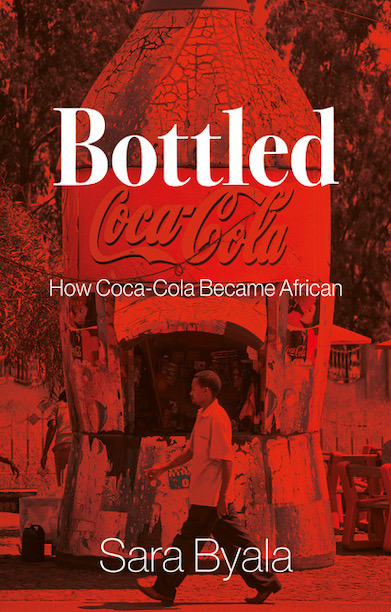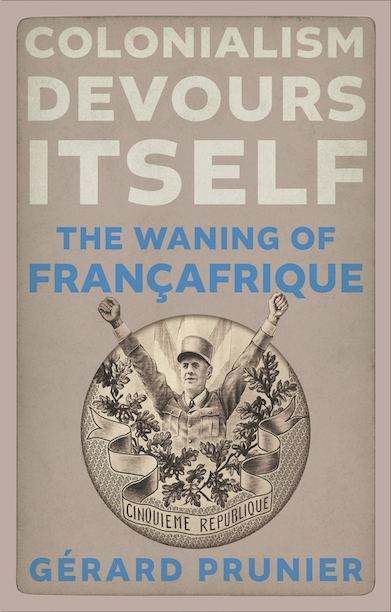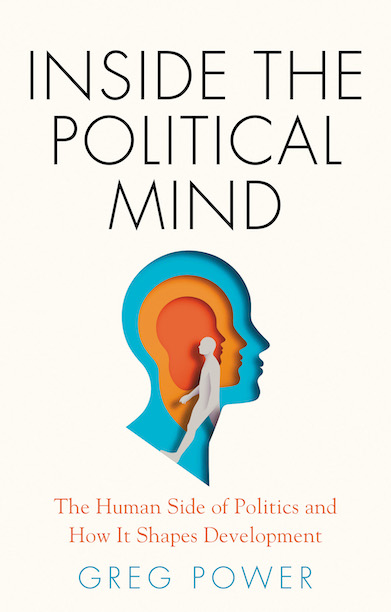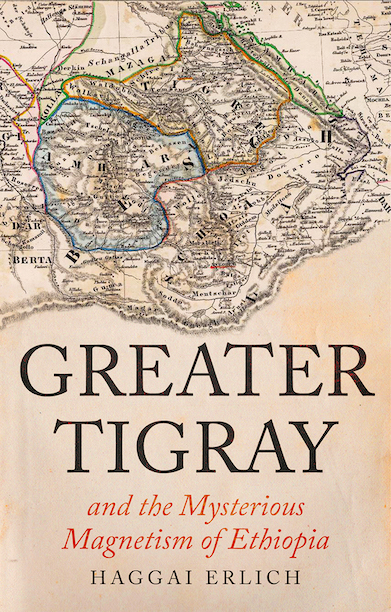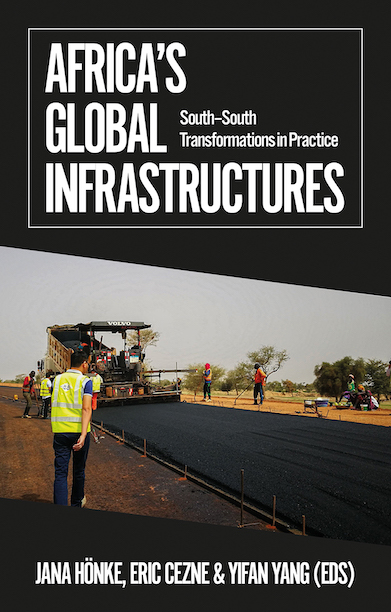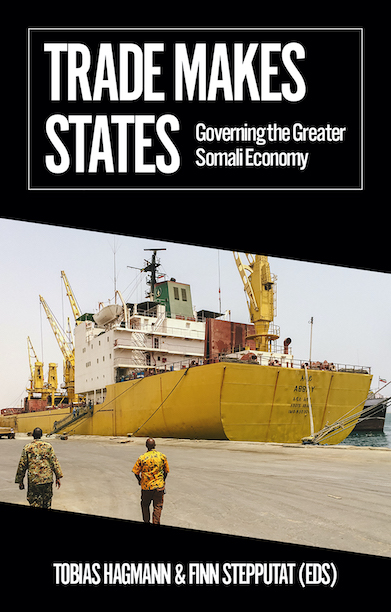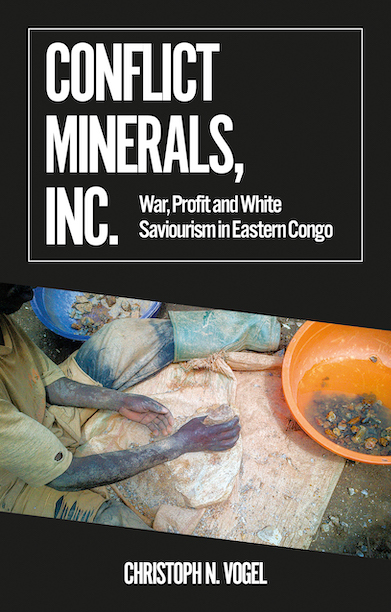Bottled
How Coca-Cola Became African
The astonishing true story of how shrewd marketing and high politics enabled a global beverage brand to conquer a continent–albeit not on its own terms.
Description
Travel to virtually any African country and you are likely to find a Coca-Cola, often a cold one at that. Bottled asks how this carbonated drink became ubiquitous across the continent, and what this reveals about the realities of globalisation, development and capitalism.
Bottled is the first assessment of the social, commercial and environmental impact of one of the planet’s biggest brands and largest corporations, in Africa. Sara Byala charts the company’s century-long involvement in everything from recycling and education to the anti-apartheid struggle, showing that Africans have harnessed Coca-Cola in varied expressions of modernity and self-determination: this is not a story of American capitalism running amok, but rather of a company becoming African, bending to consumer power in ways big and small.
In late capitalism, everyone’s fates are bound together. A beverage in Atlanta and a beverage in Johannesburg pull us all towards the same end narrative. This story matters for more than just the local reasons, enhancing our understanding of our globalised, integrated world. Drawing on fieldwork and research in company archives, Byala asks a question for our time: does Coca-Cola’s generative work offset the human and planetary costs associated with its growth in the twenty-first century?
Table of contents
Dedication
Preface
Introduction
Chapter 1: All That Sparkles: How Coca-Cola Established a Foothold in South Africa
Chapter 2: From Cape to Cairo: The Sun Never Sets on Coca-Cola
Chapter 3: Know Your Country: How Coca-Cola Branded a Continent and Itself
Chapter 4: The Link Between Old and New: Securing a License to Operate
Chapter 5: A Catalytic Role Untold: Coca-Cola and the Undoing of Apartheid
Chapter 6: Believe in Africa: Coca-Cola in the New Millennium
Chapter 7: The Bottom Line: Weighing Coca-Cola’s Sustainability
Conclusion
Acknowledgements
Select Bibliography
Reviews
‘Bottled tells the tale of how Coca-Cola “became African”… [Byala] makes it plain to readers that she isn’t offering them a rehash of the usual arguments against globalization and the ills of Big Business, even as she underscores… that hers isn’t “a paean to Coca-Cola” either.’ — The Wall Street Journal
‘Offers a case study of how one international corporation deals with the promotion of its products and handles the problems that arise.’ — CHOICE
‘Byala asks a question for our time: does Coca-Cola’s generative work offset the human and planetary costs associated with its growth in the twenty-first century?’ — Campaign for the American Reader blog
‘Brilliantly conceived, entertaining, and important, Bottled will unquestionably take its place as one of the most important social histories of Africa. With Byala’s storytelling gift and eye for narrative detail, this account is a masterclass in how to integrate individual stories from around the continent with broader socio-economic and political events.’ — Caroline Elkins, Professor of History and African and African American Studies, Harvard University
‘The tension between Africa’s interests and Coke’s is a fascinating social and philosophical narrative, and Sara Byala’s research and knowledge of the subject are impressive. There are not many books which give such extensive and highly entertaining first-hand examples from the field. An important contribution.’ — Mary Martin, Senior Research Fellow at the Department of International Relations, London School of Economics, and Director of the UN Business and Human Security Initiative, LSE IDEAS
‘Bottled examines the history of Coca Cola in Africa as a window onto the whirlwind of events across the continent over the past century. The detail on individual stories is outstanding.’ — Elisa Gambino, Lecturer in Global Development, University of Manchester
Author(s)

Sara Byala PhD (Harvard) is Senior Lecturer in Critical Writing, University of Pennsylvania. South African by birth, Byala has also lectured on African history in Penn’s History department, Wharton School, and Lauder Institute. She is the author of A Place That Matters Yet: John Gubbins’s MuseumAfrica in the Postcolonial World.
